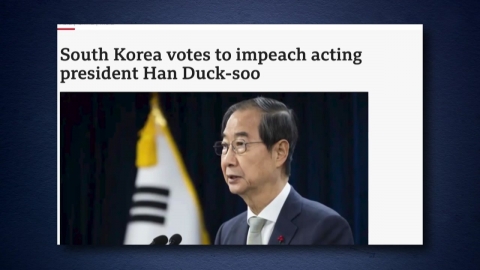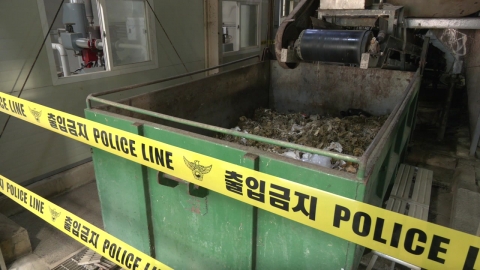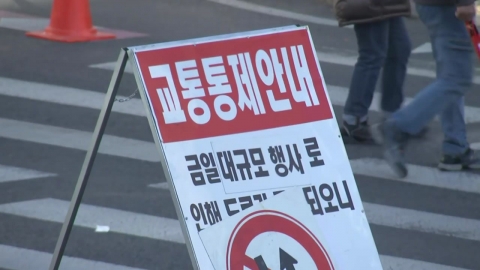As the won-dollar exchange rate soared, the domestic export front was also on alert.
In particular, small and medium-sized companies with a large proportion of raw material imports have been directly hit, and large companies are also worried.
Reporter Choi Ah-young reports.
[Reporter]
In the past, high exchange rates were considered a boon for exporters.
This is because if the dollar goes up, you can earn more won.
For example, you get 1,400 won from 1,300 won per dollar.
But companies increase foreign investment and production instead of exports,
It has become a formula that no longer works as raw material import prices have risen due to recent supply chain instability.
Right now, there is a wailing sound among small and medium-sized companies with a high proportion of raw material imports.
[Kim Ki-moon / Chairman of the Korea Federation of Small and Medium Business (last 23rd): Since raw materials imported in the 1,300 won range are paid close to 1,450, the export margin is usually about 5-10% but the raw material price alone has risen by more than 10% to make a loss even if the product is sold....]
The same goes for large corporations that are on alert.
In the case of semiconductor and battery companies building factories in the United States, the cost burden such as local investment, equipment, and labor costs is inevitably increased.
[Choi Tae-won / Chairman of SK Group and KCCI: I think it's very important how the exchange rate can be defended]
The automobile industry, which accounts for more than half of overseas production, and the oil, steel, and food industries, which import a lot of raw materials, are also worried.
In fact, a 10% increase in the exchange rate would lower the operating margin of large corporations by 0.29% and
There is also an analysis that
Small and medium-sized enterprises lose 0.36% even if the exchange rate rises by just 1%.
[Lee Jung-hee / Professor of Economics at Chung-Ang University] At least the ruling and opposition parties and the government should show their efforts for stable economic cooperation. So shouldn't there be efforts to minimize the part where political risks lead to economic risks?.]
The high exchange rate is not expected to calm down for the time being due to political instability, which is deepening the anxiety of companies.
I'm YTN's Choi Ayoung.
Video editing: Lee Eun-kyung
Design: Baek Seung-min
※ 'Your report becomes news'
[Kakao Talk] YTN Search and Add Channel
[Phone] 02-398-8585
[Mail] social@ytn.co.kr
[Copyright holder (c) YTN Unauthorized reproduction, redistribution and use of AI data prohibited]
Economy
More- After martial law, 80 won skyrocketed...Lower Interest Rates Despite Exchange Rate 'Anxiety'?
- Choi Sang-mok focuses on the formation of an "emergency government"...paraplegic at the Cabinet meeting in the event of impeachment
- Acting President Choi Sang-mok agonizes over emergency government operations
- Acting Chief Cho Sang-mok concentrates on his work report...the management of the emergency government









